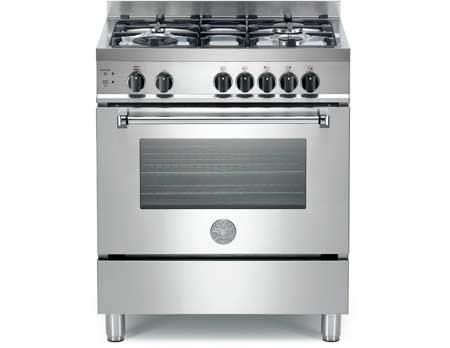Ever wondered what goes on in the engine of your car while you are driving? Is it efficient? Well, most of us do not know, but we know that as long as the engine does not produce any funny sounds, everything is fine. To the layman, how exactly the engine works and how the petrol or gas that is pumped into the engine is being converted into energy for the car is not really of much concern.
The truth is...it matters.
It is not just a simple system of fuel entering the engine, combusted to produce kinetic energy for the turbines to push the car forward, and then releasing the unwanted products as exhaust through the exhaust pipe. You need to know exactly how the engine converts the fuel into energy.
In fact, the engine of your car has been cheating you all this while. Trucks included.
The law of thermodynamics is the mechanism behind the wastage of the energy because a large amount of heat difference between the lower and upper operating temperatures of the engine. The heat produced to form the difference does not contribute to the movement of the car, thus energy is 'wasted' in a way.
As a result, we are wasting millions of gallons of fuel every day just to make our vehicles move. Think about how much that amount of fuel can last us if they could all be utilised fully for our vehicles.
In summary, the efficiency of the car engine ranges from 20% to 40%. Most of the time it lies around the 20%%2B range. Yeah, that means 80% of the fuel you burn does not end up driving your car.
On the other hand, a water to fuel converter makes use of the atomic fission of water particles to provide the additional heat for stabilising the difference in temperature regions in the engine. A very small fission needs to take place to produce energy close to a hundred times more than the combustion of hydrocarbon fuels. Bear in mind that water is abundant and a simple implementation of electrolytic breakdown of water molecules can provide you with that immense amount of energy you need.
By allowing the splitting of water molecules to provide energy for maintaining the regional temperature differences, the engine can finally utilise its fuel better. A simple calculation will yield triple rates in mileage...in other words, you can save up to three times of fuel than before.
So why not start immediately and improve your mileage during these hard times? Don't let yourself be consumed by the fiery flames of gas inflation. Improve car engine efficiency now.
 | Price : $2,799.00
| Price : $2,799.00










